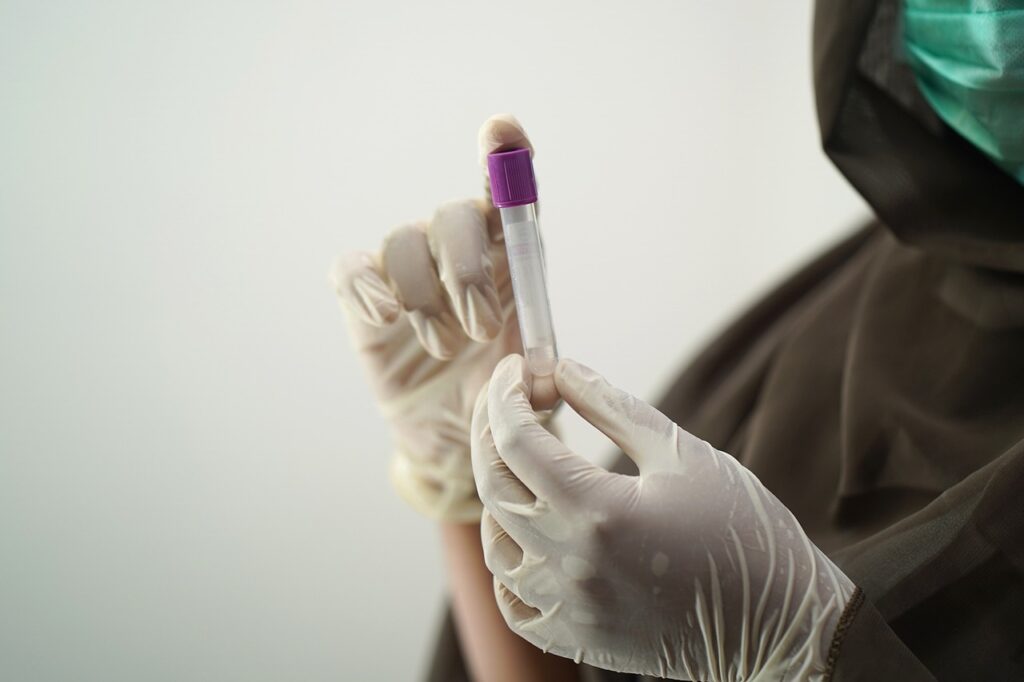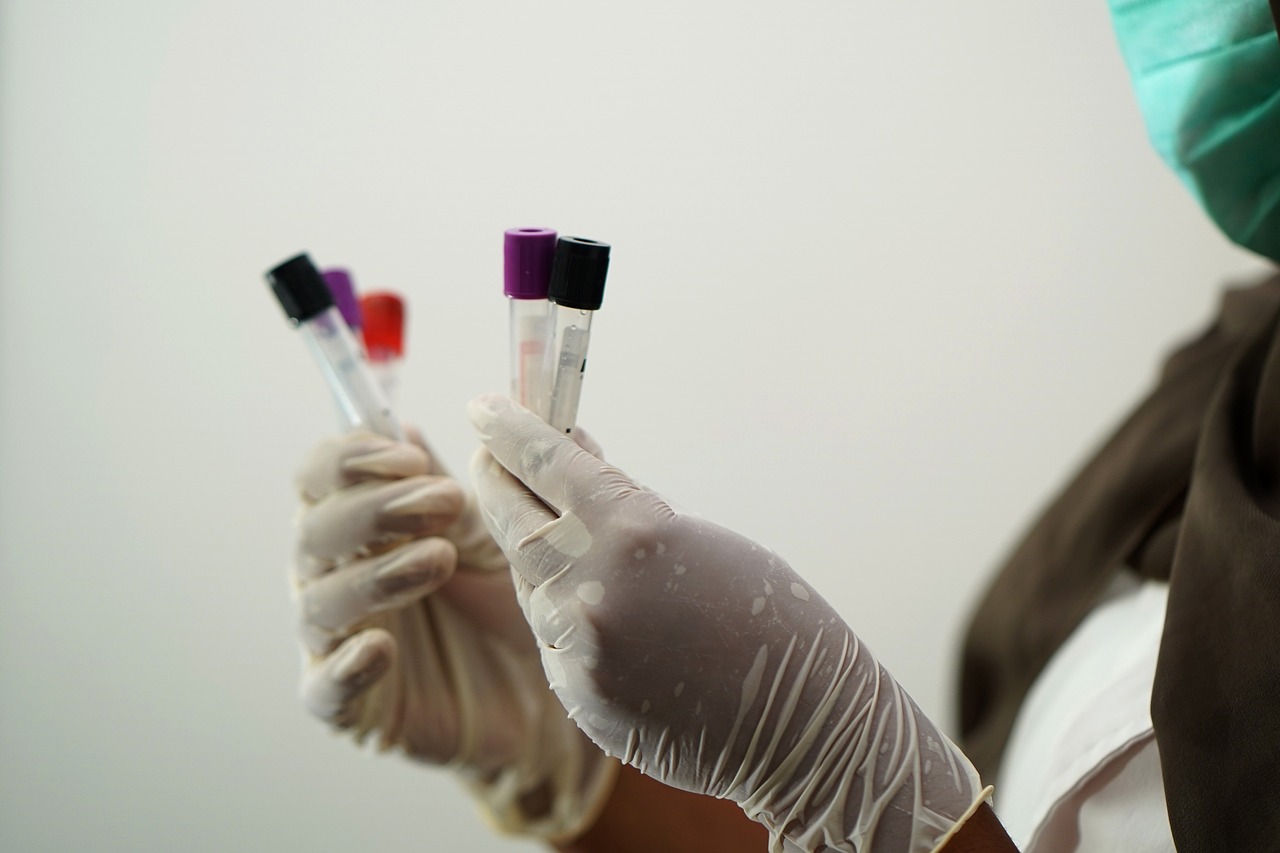High cholesterol is a common health problem that can have a major effect on your quality of life. Hyperlipidemia, more commonly known as high cholesterol, happens when there is too much lipid (fat) in your bloodstream that can potentially develop into more severe health complications, like heart disease and strokes. In this blog we will discuss what cholesterol is, high cholesterol causes, high cholesterol risks and the best habits for keeping this condition under control or preventing it.
What is Cholesterol?
Cholesterol is a waxy, fat-like substance that is present in every cell within your body. Key to hormone production, vitamin D, and substances that help with food digestion. Lipoproteins primarily low-density lipoprotein (LDL) and high-density lipoprotein (HDL) carry cholesterol around your body in your blood:
LDL (bad cholesterol): The type of cholesterol that can accumulate in the lining of the arteries, promoting plaque development along the arteries, which can narrow arteries and increase the risk of heart disease and stroke.
HDL (Good Cholesterol) – HDL picks up excess LDL cholesterol in your blood and returns it to the liver for disposal. Higher HDL values normally correlate with lower risk of heart disease.
Causes of High Cholesterol
Here are some factors that may raise your cholesterol level:
Diet: Eating a lot of saturated fats, trans fats, and cholesterol may increase your LDL levels. Things like red meat, full-fat dairy, fried foods, and processed snacks are usual suspects.
Obesity — if you are overweight or obese, your LDL cholesterol may be high and your HDL cholesterol level may also be low, increasing the risk of heart disease.
Unhealthy lifestyle — A dearth of physical exercise benefits area unit and contribute to gaining weight and raised cholesterol. Routine activity can get up HDL cholesterol and drop LDL cholesterol. Family History: Genetics is important, too. You also might have a higher chance if you have family members who had high cholesterol or heart disease.
Age and Gender: Cholesterol levels generally increase with age. While men are at greater risk of high cholesterol at a younger age, a woman’s risk tends to increase post-menopause.
Illnesses – Chronic illnesses, especially diabetes, hypothyroidism as well as liver or kidney disease, can influence blood cholesterol levels.

The Dangers of High Cholesterol
High cholesterol is sought so no signs and symptoms seem that is one of the main reason it is known as a silent disorder. While cholesterol itself isn’t bad, high cholesterol can result in very severe problems like:
Heart Disease: Elevated levels of LDL cholesterol contribute to atherosclerosis, a condition where arteries become narrow and stiff due to plaque. This may cause angina (chest pain), heart attacks, and heart failure.
Stroke: a blockage of a blood supply to some part of the brain by a blood vessel that is blocked by plaque.
Peripheral Artery Disease (PAD) — A narrowing of the arteries of your legs can cause leg pain and numbness, particularly when you use your legs.
Diagnosis
Usually, a healthcare provider will order a lipid panel, which measures your total cholesterol, LDL, HDL, and triglycerides (a different type of fat in the blood) to diagnose high cholesterol. Although everyone should have their cholesterol levels checked every four to six years, beginning at age 20, someone who is at high risk should be checked more often. Managing High Cholesterol
In case you have high cholesterol level which is already confirmed then there are few steps which would definitely works to cure your problem;
Dietary Changes
Limit Saturated and Trans Fats: These are found in fatty cuts of meat, whole milk and other full-fat dairy foods, and many processed foods. Opt for lean meats, low-fat dairy and healthy fats such as olive oil and avocado.
Boost Fiber Consumption: High soluble fiber foods like oats, beans, lentils, fruits, and vegetables help in cholesterol reduction.
Increase omega-3: Fatty fish including salmon, mackerel, and sardines are good for your heart. Think of adding nuts and seeds like walnuts and ground flaxseeds, too.
Cut Back on Sugary Foods and Refined Carbohydrates: Cut down on sweet snacks, drinks, and refined grains, which can lead to weight gain, as well as unhealthy cholesterol levels.
Regular Physical Activity
Regular exercise may decrease bad LDL cholesterol and increase good HDL cholesterol. Get in a minimum of 150 minutes each week of moderate-intensity aerobic activity, like brisk walking, cycling or swimming. Also, incorporate strength training into your routine at least two days per week.
Maintain a Healthy Weight
Reducing extra weight can help reduce cholesterol. Losing even 5-10% of your body weight will help to improve cholesterol levels and better your heart health.
Stop Smoking And Reduce Alcohol
Quitting (if you smoke), as smoking lowers HDL cholesterol and increases the risk of developing heart disease. And avoid drinking excess alcohol, as excess drinking can lead to a high cholesterol level and other heath problems.
Blood Diagnosis
A lipid profile blood test, also called a lipid panel, determines the levels of cholesterol and triglycerides in the blood to determine cardiovascular health. These components consist of total cholesterol, LDL (bad cholesterol), HDL (good cholesterol), and triglycerides. This test assesses the likelihood of heart disease and aids in treatment decision making.
Peek into a Fasting Lipid Panel
Total Cholesterol:
Definition: It consistsin total of shop cholesterol using the blood.
Normal Range: Less than 200 mg/dL is taken into consideration applicable. Levels between 200-239 mg/dL are borderline excessive, and 240 mg/dL and above are excessive.
Significance: High total ldl cholesterol can suggest an accelerated danger of heart disorder, however it must be interpreted along LDL and HDL stages.
Low-Density Lipoprotein (LDL) Cholesterol:
Description: Often termed “awful” ldl cholesterol, LDL incorporates cholesterol to cells, but high ranges can cause plaque buildup in arteries.
Normal Range: Optimal is much less than one hundred mg/dL; 100-129 mg/dL is near most suitable; 130-159 mg/dL is borderline high; a hundred and sixty-189 mg/dL is excessive; and a hundred ninety mg/dL and above could be very excessive.
Significance: Elevated LDL is a first-rate threat element for atherosclerosis and cardiovascular activities.
High-Density Lipoprotein (HDL) Cholesterol:
Description: Known as “proper” ldl cholesterol, HDL facilitates dispose of ldl cholesterol from the bloodstream and shipping it to the liver for excretion.
Normal Range: Less than 40 mg/dL is considered a threat aspect for coronary heart disease; forty-fifty nine mg/dL is appropriate; and 60 mg/dL and above is considered defensive towards coronary heart disease.
Significance: Higher ranges of HDL are related to a lower risk of heart disease.
Triglycerides:
Description: Triglycerides are a kind of fats located in the blood, and they shop excess power out of your weight-reduction plan.
Normal Range: Less than a hundred and fifty mg/dL is ordinary; a hundred and fifty-199 mg/dL is borderline excessive; 2 hundred-499 mg/dL is excessive; and 500 mg/dL and above may be very high.
Significance: Elevated triglycerides can boom the chance of coronary heart disease and might imply different health issues like diabetes.
Fasting Requirement
Fasting Duration: Patients are generally informed to speedy for nine-12 hours prior to the check. This fasting duration facilitates to put off the impact of recent food intake on triglyceride ranges, that may fluctuate substantially after eating.
Medications
If lifestyle modifications fail to achieve sufficient cholesterol reduction, your healthcare provider may prescribe medications– statins, bile acid sequestrants, cholesterol absorption inhibitors.
Preventing High Cholesterol
Avoiding high cholesterol means having a heart-healthy lifestyle:
Periodical Assessments: Get your cholesterol levels checked regularly and note any changes.
Good Nutritional Practices: Concentrate on eating a wholesome, whole-food diet high in lean proteins, good lipids, and lots of fruits and greens.
Stay Mobile: Exercise regularly to keep your weight under control and helps to be your heart healthy!
Control Stress: Chronic stress affects your coronary heart fitness. Reduce stress by meditating, doing yoga, or practicing deep-breathing exercises.
Assessment
Maintaining balanced cholesterol levels is a critical health concern because uncontrolled cholesterol levels can cause life-threatening cardiovascular diseases. In this article, we briefly explain the reasons behind it, its risks, and how to manage to maintain a healthy heart. Fortunately, you can improve your cholesterol level by making some lifestyle changes and working in close collaboration with your doctor.


1 thought on “High Cholesterol”